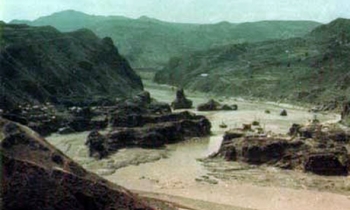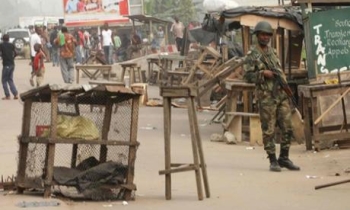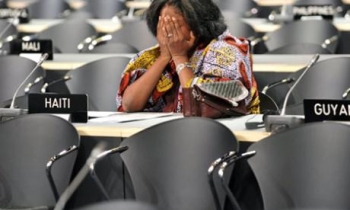The Lebanese army intelligence department detained journalist Hassan Alleik, a reporter for the Al-Akhbar newspaper, and questioned him for six hours on August 11 about an article published in the newspaper the previous day, according to press freedom group Maharat Foundatin. The article was about the escape of an agent named Ghassan El Jed, who was previously accused by Hezbollah secretary-general Hassan Nasrallah of being involved in the assassination of Prime Minister Rafik Hariri.
“Alleik’s detention and interrogation were conducted in a completely arbitrary and illegal manner,” Paris-based press freedom group Reporters sans Frontières (RSF) said. “At the same time, the defence minister’s threats against him and the entire media profession raise doubts about a readiness to respect the rule of law on the part of those who are supposed to uphold it. This is disturbing for press freedom in Lebanon.”
While Alleik was still being interrogated, defence minister Elias Murr gave a news conference in the middle of the afternoon in which he announced that Alleik would be charged with defamation and disseminating false information and warned that the same charges would be brought against any other journalist who made similar allegations against senior army officers on active duty.
New Jdaydeh-based Maharat expressed concern over the violations against the reporter, who was detained on an informal warrant issued by the general prosecutor's office. The concerns were:
- Under Lebanese law, journalists can only appear in courts, even for military charges, and not in front of security officers.
- Only publications courts can call on witnesses and defendants.
- Alleik was not allowed to have his lawyer present.
- The defence minister, Elias El Murr, made a public statement threatening Alleik and other journalists, which is a violation of Lebanese laws and the scope of his ministerial powers. The minister is obligated to refer the issue to the courts.
- The defence minister accused Alleik of being an agent and committing treason, which is a dangerous accusation. Moreover, the charge of treason can only be made by the courts, not by a minister.
- Maharat called on the authorities to respect journalists and journalists' right to protect their sources. Journalists should not be charged criminally if they refuse to reveal their sources.
At the same time, Maharat called on journalists to avoid publishing false information and to demonstrate professional ethics while working in the public interest. Maharat also called on media outlets to contribute to public discourse, demonstrate tolerance and avoid the language of violence and mistrust.









